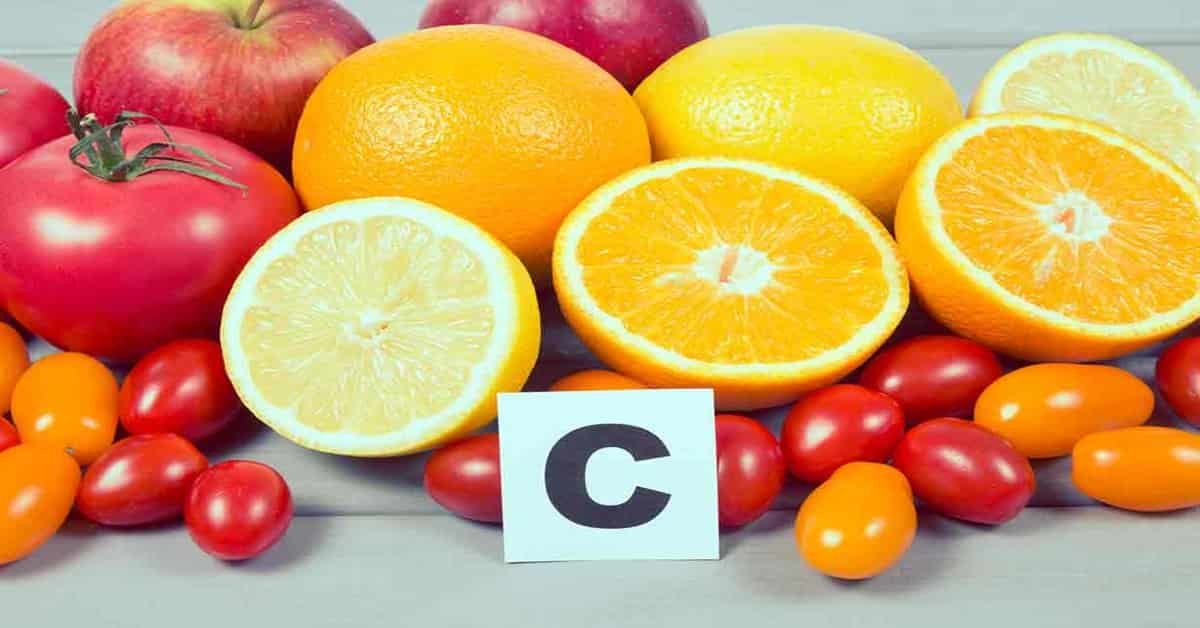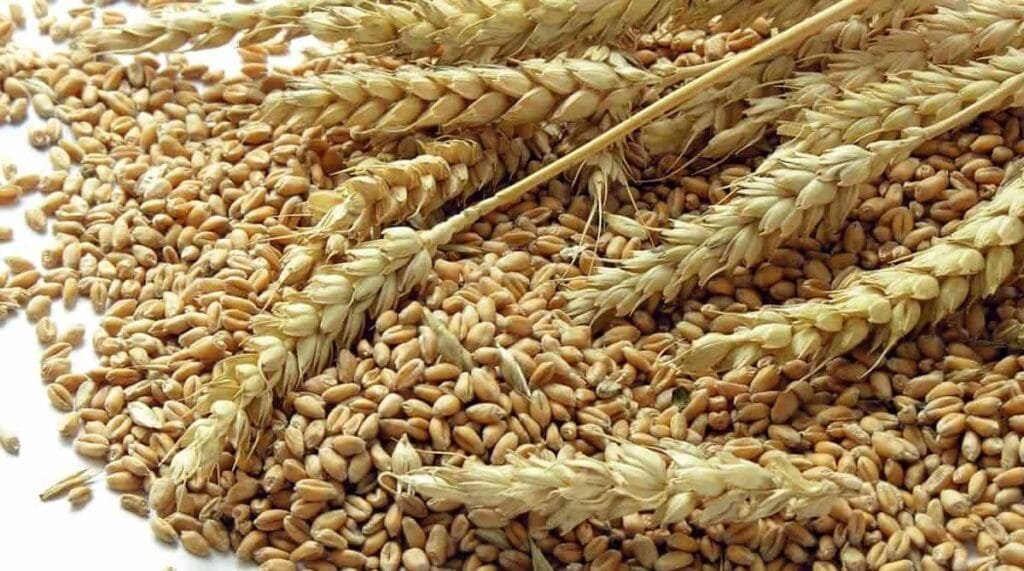Vitamin C, also known as ascorbic acid, is a powerful water-soluble vitamin that plays a vital role in various bodily functions. Here are some of the key benefits of Vitamin C:
1. Antioxidant Properties
- Free Radical Neutralization: Vitamin C acts as a potent antioxidant, helping to protect cells from damage caused by free radicals. This can reduce oxidative stress and lower the risk of chronic diseases.
2. Immune System Support
- Boosting Immunity: Vitamin C is crucial for the functioning of immune cells. It enhances the immune response by stimulating the production of white blood cells and supporting various cellular functions that are essential for immune defense.
3. Collagen Synthesis
- Skin Health: Vitamin C is vital for collagen production, which is essential for maintaining skin structure and elasticity. This can help reduce the appearance of wrinkles and promote faster healing of wounds.
4. Iron Absorption
- Enhanced Iron Uptake: Vitamin C improves the absorption of non-heme iron (the type of iron found in plant-based foods). Consuming Vitamin C-rich foods alongside iron-rich foods can help prevent iron deficiency anemia.
5. Wound Healing
- Promotes Healing: Due to its role in collagen synthesis, Vitamin C is important for wound healing. It helps repair tissues and regenerate skin, making it crucial after surgeries or injuries.
6. Heart Health
- Cardiovascular Benefits: Some studies suggest that Vitamin C may help lower the risk of cardiovascular disease by improving blood vessel function, reducing blood pressure, and lowering cholesterol levels.
7. Neurological Health
- Supporting Brain Function: Vitamin C is essential for neurotransmitter production and may support cognitive function. Some research suggests it may help reduce the risk of neurodegenerative diseases.
8. Mood Regulation
- Mental Health Benefits: There is evidence that Vitamin C may help reduce the risk of mood disorders, such as depression and anxiety, by aiding the production of neurotransmitters.
9. Skin Protection
- UV Protection: While it is not a substitute for sunscreen, Vitamin C can help protect the skin from UV damage and environmental stressors, contributing to overall skin health.
List of Foods That Contain Vitamin C
Here’s a comprehensive list of foods rich in Vitamin C:
Fruits
- Oranges
- Kiwi
- Strawberries
- Guava
- Papaya
- Pineapple
- Mango
- Cantaloupe
- Berries (blueberries, raspberries, blackberries)
- Lemons and Limes
Vegetables
- Bell Peppers (especially red and yellow)
- Broccoli
- Brussels Sprouts
- Kale
- Spinach
- Tomatoes (and tomato juice)
- Cauliflower
- Swiss Chard
- Green peas
Other
- Potatoes (especially with skin)
- Fortified Foods (such as certain cereals)
FAQs About Vitamin C
1. What is the recommended daily intake of Vitamin C?
- The recommended dietary allowance (RDA) for adults is:
- Men: 90 mg
- Women: 75 mg
- Increased amounts are suggested for pregnant and lactating women: 85 mg and 120 mg, respectively.
2. Can I get enough Vitamin C from food?
- Yes, most people can meet their Vitamin C needs by consuming a balanced diet rich in fruits and vegetables. Supplementation is only necessary in certain cases of deficiency.
3. What are the symptoms of Vitamin C deficiency?
- Symptoms can include fatigue, weakness, swollen and bleeding gums, joint pain, and in severe cases, scurvy, which can lead to anemia, skin issues, and complications in healing wounds.
4. Is it possible to consume too much Vitamin C?
- While Vitamin C is water-soluble and excess amounts are usually excreted, very high doses from supplements (above 2,000 mg per day) can cause gastrointestinal discomfort, diarrhea, and kidney stones.
5. What factors can affect Vitamin C absorption?
- Factors such as smoking, certain medications, and health conditions can affect Vitamin C levels in the body. Smoking increases oxidative stress, which may increase the requirement for Vitamin C.
6. Are Vitamin C supplements necessary?
- Supplements can be beneficial for individuals with dietary restrictions, certain health conditions, or those who don’t consume enough fruits and vegetables. Always consult with a healthcare professional before starting supplements.
7. How can I preserve Vitamin C in foods?
- To maximize Vitamin C content:
- Consume fruits and vegetables raw when possible.
- If cooking, use methods that preserve nutrients, such as steaming or microwaving for a short duration.
- Minimize exposure to air and light after cutting, as Vitamin C can be sensitive to these elements.
8. Can Vitamin C help prevent colds?
- While Vitamin C may not prevent colds, studies suggest that it can reduce the duration and severity of symptoms. Regular intake may also slightly lower the incidence of respiratory infections in certain groups.


